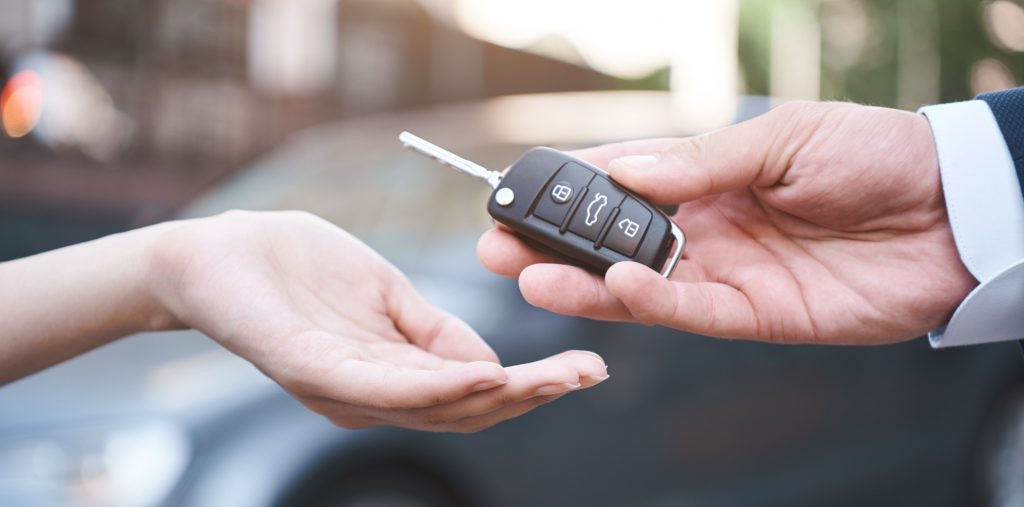How Do You Get a Car on Finance?
Table of contents
If you’re unable to fund buying a car outright, you may instead look to financing one instead. There are many different types of car finance, so it’s important to consider all your options before getting into an agreement you may struggle to afford further down the line.
Types of car finance
Hire purchase (HP) – In a hire purchase agreement, you do not own the car until you’ve made the final payment. HPs are usually paid through monthly instalments, with interest added. As you won’t own the car during your contract, missing a payment could result in the car being repossessed, so be sure to keep to all terms and conditions.
Personal contract purchase (PCP) – PCPs usually involve an initial deposit then a series of lower monthly payments. When you’re nearing the end of your agreement, you can make a balloon payment to purchase the car outright, return the vehicle or sell it privately to pay off whatever you still owe. Bear in mind that if you intend to either return or sell the car, you’ll want to keep it in good condition in order to avoid penalty fees.
Personal Contract Hire (PCH) – This is a type of car lease which extends over a predetermined period of time, usually including a mileage limit. Unlike in a PCP, you return the car when the contract ends, so it’s important to keep it the best condition possible. Furthermore, you’ll want to scrutinise the terms and conditions of your agreement; excess mileage or damage could cost you dearly.
Can you get a car on finance with poor credit history?
It’s still possible to get a car on finance with a poor credit rating, and there are many who specialise in lending to ‘high-risk’ clients. These lenders are known as ‘sub-prime’ as they usually charge a high interest rate, with some charging as much as 50%. With high interest rates, it’s important to be sure that you can make the repayments. These agreements should not be entered into lightly; failing to make payments may result in you losing your car, as well as further damaging your credit score.
If you find you’re being held back by a bad credit score, read our blog on how to improve it.
How do you finance a car through a bank?
Financing a car through a bank involves going directly to a bank or credit union, rather than the car dealership. One of the main benefits of using this method is the convenience. You can apply for your loan without going into a branch, meaning you’ll know what you can afford. In some cases, your bank or credit union will be able to negotiate a better interest rate for you, leading to either a shorter loan term or lower payments.
Furthermore, if you finance a car through your own bank, you’ll be able to add it to your online banking. By doing so, your payments will be easily accessible should you want to check or amend them for any reason.
Read our guide to setting up and managing online banking.
Can you sell a financed car?
You may find yourself struggling financially as a result of a car finance deal, and you may want to leave it as a result. Selling a car is a complicated process, even more-so when you still owe money on the car you’re trying to sell.
You’ll need to contact the finance company before looking to sell. This is because technically speaking the car doesn’t belong to you until you complete your deal; it belongs to the lender.
If you’re in a HP or a PCP agreement, you can opt to settle early if you want to sell the car. Ask your lender for a ‘settlement figure’. This is the amount it will cost to end the agreement early, and will usually include interest on top of whatever’s left to pay.
Upon providing the settlement figure, you’ll have a set amount of time to pay it off. Once you pay the outstanding amount, the car will be yours to sell.
Buying goods on finance can give you access to products you couldn’t otherwise afford, but you need to make sure you can afford the repayments. Read our guide to buying goods on finance.
Can you swap finance from one car to another?
The majority of car finance agreements last between three and four years. During this time a lot can change – you may have children for example, and need a bigger car as a result.
Depending on your car finance provider and your current finance agreement, you may be able to change your car for one that better suits your needs.
Take personal contract purchases for example. PCP agreements are typically quite flexible, and you may be able to trade your current car in mid-agreement. This will usually depend on how much your car is worth at the time of the change. To find out more, contact your lender directly.
Although you can sometimes swap a car on finance, the easiest way would be to finish your agreement term, then look for a cheaper one. In doing so you’ll avoid having to pay a settlement fee, which may be quite high if you have a new agreement.
Keeping your finance agreements to short periods of time means you’ll easily be able to swap your car without having to pay a settlement fee that ends your agreement early.
If you’re struggling as a result of financing a car, get in touch. You can debt help either online or over the phone on 0800 316 1833 . Alternatively, fill in our free debt help form.

